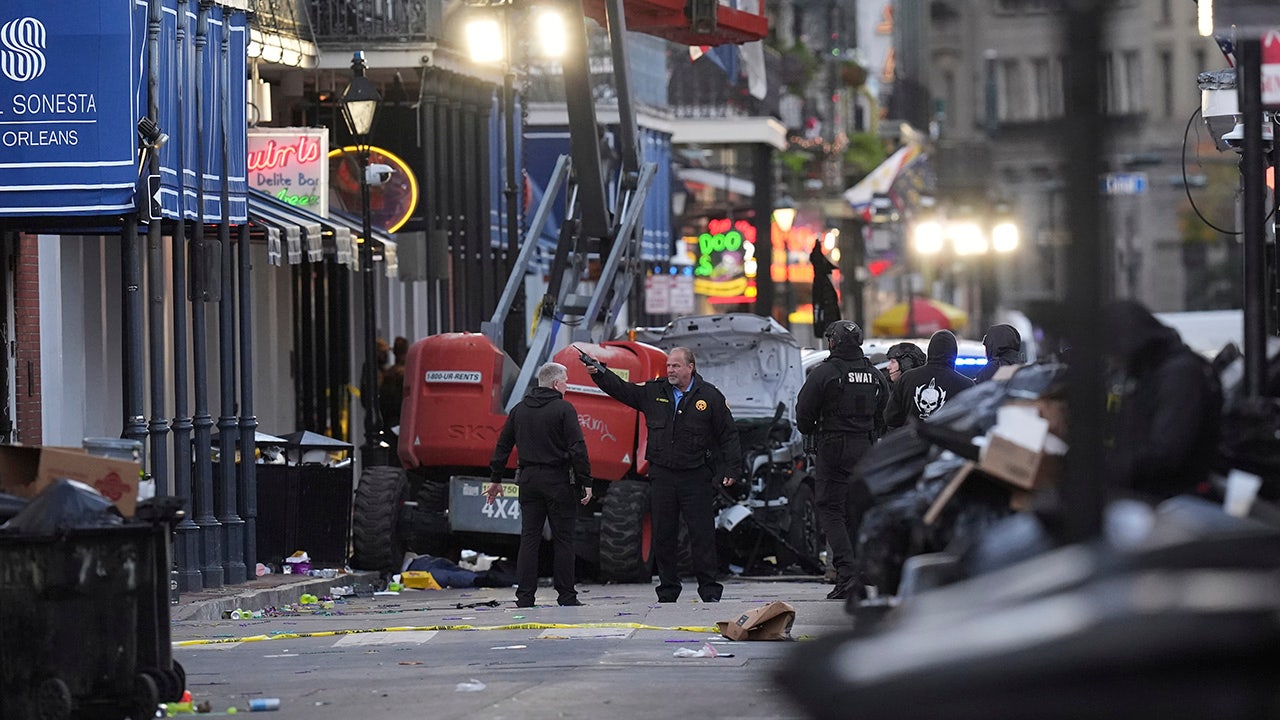

In the aftermath of the tragic New Orleans attack on January 1, 2025, which left at least 14 dead and dozens injured, Allstate CEO Tom Wilson made headlines during the Sugar Bowl broadcast on January 2 by calling for an end to the nation's 'addiction to divisiveness.' His comments came as a response to the recent act of terrorism, which involved Shamsud-Din Jabbar, an Army veteran who drove a truck into a crowd and engaged in a shootout with police [97c2562d].
Republican leaders quickly expressed outrage over Wilson's remarks, criticizing him for not explicitly condemning the terrorist act. Senator Marsha Blackburn voiced her discontent, stating that Wilson's comments were inappropriate given the gravity of the situation. Texas Governor Greg Abbott also demanded a stronger condemnation of the attack, emphasizing the need for clarity in addressing terrorism [c3ff5ba6].
In response to the backlash, Allstate clarified that Wilson had indeed condemned the attack and expressed support for the victims. The Sugar Bowl itself was postponed by 24 hours due to the incident, highlighting the significant impact of the attack on the community and the nation [c3ff5ba6].
This incident has further fueled discussions about the nature of divisiveness in American society, especially in the context of rising domestic extremism. Following the New Orleans attack, which the FBI is investigating as an act of terrorism linked to ISIS, experts have called for a reevaluation of public safety measures and community relationships [97c2562d]. The juxtaposition of Wilson's comments against the backdrop of such violence has sparked a broader conversation about how leaders address issues of terrorism and societal division in the current political climate [c3ff5ba6].